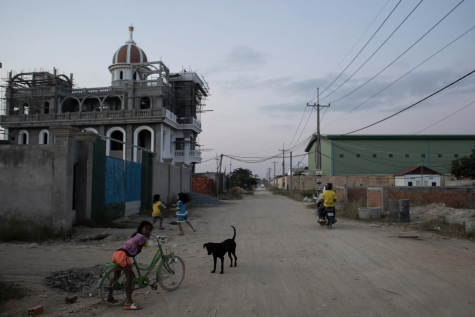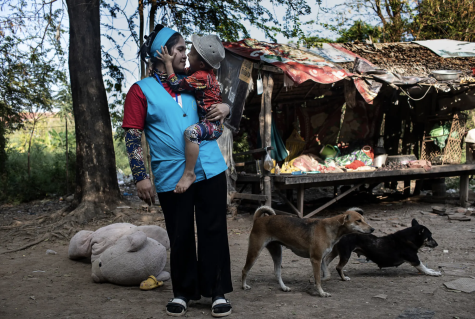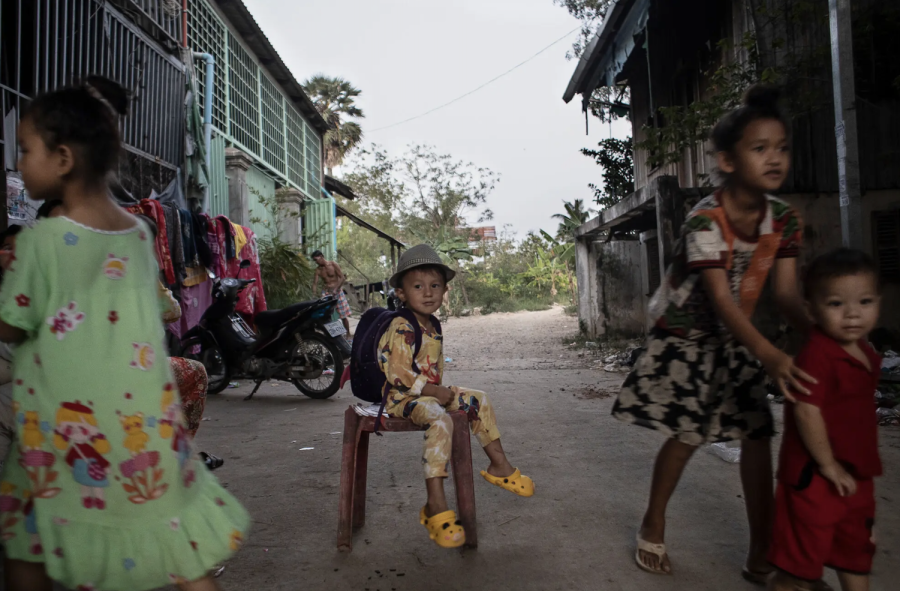The Complexities of Surrogacy in Cambodia
December 23, 2022
In the past few years, the word “surrogacy” has been flying around the media. It seems as though we constantly hear the stories of the latest celebrities who have their children through surrogacy or of the women who act as surrogates for their loved ones. But what exactly is surrogacy? It is an arrangement that occurs when a woman carries a child for a person or couple who is unable to do so. Living in America gives many the benefit of carrying out their surrogacies transparently with safeguards in place to allow only for the expansion of families who have the necessary compensation for surrogates. On the other hand, in countries like Cambodia, the surrogacy process can lead to the abuse of extremely vulnerable, innocent people.
After brutal government crackdowns in other Asian nations, Cambodia became an attractive surrogacy destination as people rushed to surrogacy clinics in the country’s capital, Phnom Penh. As the market began to thrive, the Cambodian government became worried about how it might appear to other nations.

As reported in The New York Times, Chou Bun Eng, the Secretary of State at the Ministry of Interior and Vice Chair of the National Counter Trafficking Committee, explained that “surrogacy means women are willing to sell babies… We do not want Cambodia to be known as a place that produces babies to buy.” As a result, the government took the initiative to ban surrogacy, promising to outlaw it. Instead of adhering to this promise, the government made the practice illegal using existing laws against human trafficking, a crime punishable by a 20-year prison sentence. As a result, the regulation ended up having the opposite intended effect, penalizing the same women that the government had sworn to protect.
These Cambodian surrogates were forced into an ethical conundrum as they had to choose between taking the jail sentence or raising the children themselves. Consider Ms. Hun Daneth, a surrogate from Cambodia for a Chinese businessman. Four years after giving birth, she was ordered by the Cambodian courts to raise the little boy she served as a surrogate for, or she would have been sent to jail.

She shared with Hannah Beech, the senior correspondent in Asia for the The New York Times, that all she wanted to do was “to give [someone] that joy” of having a baby. Disregarding her previous opinions, Ms. Hun Daneth decided to care for the little boy with the help of her husband. With time, she began to see the child as her own. Ms. Hun Daneth explained that she “love[s] him so much,” telling Beech that “no one will take him from me. He is mine.”
Although Ms. Hun Daneth’s story has a happy ending, she is the exception. Many of these Cambodian women have been struggling immensely as their precarious financial situations that led them to surrogacy are now straining to feed another mouth. In addition, as these children grow older and their features grow more distinct, they question their origin. This leads to difficult and emotional conversations for everyone involved. The unfortunate truth, revealed to the children, is that a large majority of them will probably never have the opportunity to meet their intended parents.

















































































































































